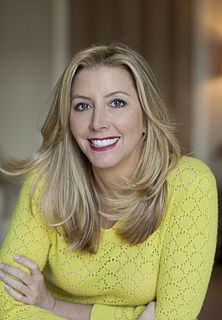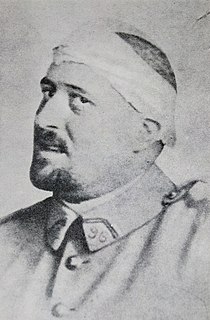A Quote by Brooke Shields
I would have thought that I would have become one of those parents - just because it's my nature to be such a perfectionist - that anything falling short, I would have seen as a failure. But something has happened to me over the past few years - it's not Zen, believe me, I'm not at all Zen - but I'm so appreciative of even the chaos.
Related Quotes
I have my own way to walk and for some reason or other Zen is right in the middle of it wherever I go. So there it is, with all its beautiful purposelessness, and it has become very familiar to me though I do not know "what it is." Or even if it is an "it." Not to be foolish and multiply words, I'll say simply that it seems to me that Zen is the very atmosphere of the Gospels, and the Gospels are bursting with it. It is the proper climate for any monk, no matter what kind of monk he may be. If I could not breathe Zen I would probably die of spiritual asphyxiation.
Zen is the enemy of analysis, the friend of intuition. The Zen artist understands the ends of his art intuitively, and the last thing he would do is create categories; the avowed purpose of Zen is to eliminate categories! The true Zen-man holds to the old Taoist proverb,
Those who know do not speak. Those who speak do not know.
If we had the consciousness of a cat or a dog, we would have it in us to become perfect Zen masters. We could gnaw on a bone, take a nap, play with a spider until we killed it, get our litter just right, and be innocently and serenely present. Meaning would mean nothing to us, nor would we need it to mean anything. We would be free, and we would be spared. But, we are human beings, and we posses that odd duck – human consciousness.
When I was growing up, my dad would encourage my brother and I to fail. We would be sitting at the dinner table and he would ask, 'So what did you guys fail at this week?' If we didn't have something to contribute, he would be disappointed. When I did fail at something, he'd high-five me. What I didn't realize at the time was that he was completely reframing my definition of failure at a young age. To me, failure means not trying; failure isn't the outcome. If I have to look at myself in the mirror and say, 'I didn't try that because I was scared,' that is failure.
I don't think I would ever be a doctor, but the reason I majored in science was because you could become a civil engineer, you could become a biologist, you could become a computer scientist - that was the point of it. I had no idea what I wanted to do. In my last two years of high school here happened to be these few scripts that I really responded to. Eventually, I landed the job, and that was something that I felt transcended whatever other people would think of me.
Without poets, without artists, men would soon weary of nature's monotony. The sublime idea men have of the universe would collapse with dizzying speed. The order which we find in nature, and which is only an effect of art, would at once vanish. Everything would break up in chaos. There would be no seasons, no civilization, no thought, no humanity; even life would give way, and the impotent void would reign everywhere.
Zen purposes to discipline the mind itself, to make it its own master, through an insight into its proper nature. This getting into the real nature of one's own mind or soul is the fundamental object of Zen Buddhism. Zen, therefore, is more than meditation and Dhyana in its ordinary sense. The discipline of Zen consists in opening the mental eye in order to look into the very reason of existence.































